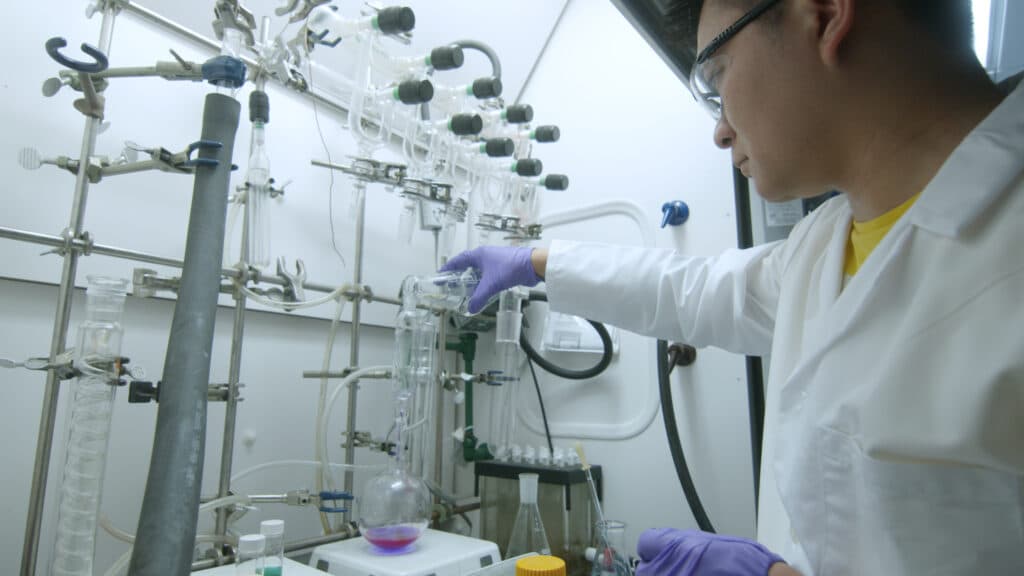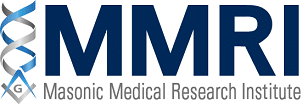MMRI Looks to Add New Location, New Faculty
Central New York Business Journal
October 3, 2022
https://www.cnybj.com/mmri-looks-to-add-new-location-new-faculty/

BY TRACI DELORE
UTICA — Some might say Utica is home to a “hidden gem” that has played a role in saving countless lives from heart attacks and continues to work to improve disease outcomes.
“Why is it hidden? We’ve been here for 64 years,” quips Dr. Maria Kontaridis, executive director of the Masonic Medical Research Institute (MMRI) at 2150 Bleecker St. Founded in 1958 on the nearly 200-acre Masonic campus, MMRI has played a leading role in scientific research ever since. Some of its most notable contributions include developing the science that made devices like the defibrillator and pacemaker possible, creating a blood substitute for transfusions, and identifying a rare genetic heart disorder called Brugada syndrome.
While the lab had for years focused almost exclusively on cardiac research in the area of electrophysiology, since Kontaridis took the reins in 2018 it has expanded to include autoimmune, gastrointestinal, and neurocognitive (autism) research.
“We’re hoping to move back into cancer research as well,” she adds. MMRI has also expanded its areas of cardiac research to include pediatric heart disease, diabetes, and obesity-related cardiac disease. Within its labs, MMRI uses sophisticated technology to study disease. Many first heard of nanoparticle technology as a means to deliver drugs when the first mRNA vaccines were released to ward off COVID-19. MMRI is researching the technology used to encapsulate drugs for targeted delivery to fight disease as a way to reduce scarring after myocardial infarction, otherwise known as a heart attack.
“We can deliver drugs specifically to those cells to reduce the size of that scar,” Kontaridis says. That, in turn, reduces the risk of further heart failure.
“Our discoveries can help find ways to treat heart disease,” she says. Heart attacks remain the number-one cause of death in the United States. Out of 1.5 million heart attacks annually, about one-third of those patients will die, she notes. “The number of people who died of heart disease every day is higher than the number of all cancers combined,” Kontaridis notes.
Other efforts such as genome-editing research allow scientists at MMRI to take cells obtained during a simple cheek swab and convert them to heart or brain cells in the lab. There, the scientists can study them further. “It’s the epitome of personalized medicine,” she stresses.
MMRI also runs a summer program for college students where it brings in up to a dozen students for a 12-week summer research program. The program’s results often lay the foundation for their future careers, according to Kontaridis.
“We’re really on par with most academic research centers,” she notes. Now she’s focused on making sure MMRI is no longer a hidden gem for the region. “I think now is the time to really make people feel we are part of the community.”
MMRI will host a Business After Hours event with the Greater Utica Chamber of Commerce on Oct. 13 from 5:30-7:30 p.m. as one way to further connect with the community.
One way in which MMRI has already helped the community was during the COVID-19 pandemic, when it partnered with Mohawk Valley Health System (MVHS), Kontaridis says. MMRI conducted all the COVID-19 testing for MVHS, allowing it to quickly receive results.
Kontaridis hopes to continue efforts such as that with a planned second location in downtown. While she could not release specifics, she said the goal is to continue to partner with colleges, universities, and hospital systems. MMRI already partners with Bassett Healthcare Network, SUNY Polytechnic Institute, and SUNY Upstate Medical University, among others. “We really try to reach across Central New York,” Kontaridis says.
Gov. Kathy Hochul referenced plans for a new 32,000-square-foot laboratory for MMRI in her 2022 State of the State address.
To keep up with the growing amount of research, MMRI is actively recruiting. When Kontaridis became executive director in 2018, the lab had 17 employees. Today, it employs 52 people from around the world. Kontaridis is working now to recruit four or five new faculty members and plans to grow to 80 within the next two to three years.
